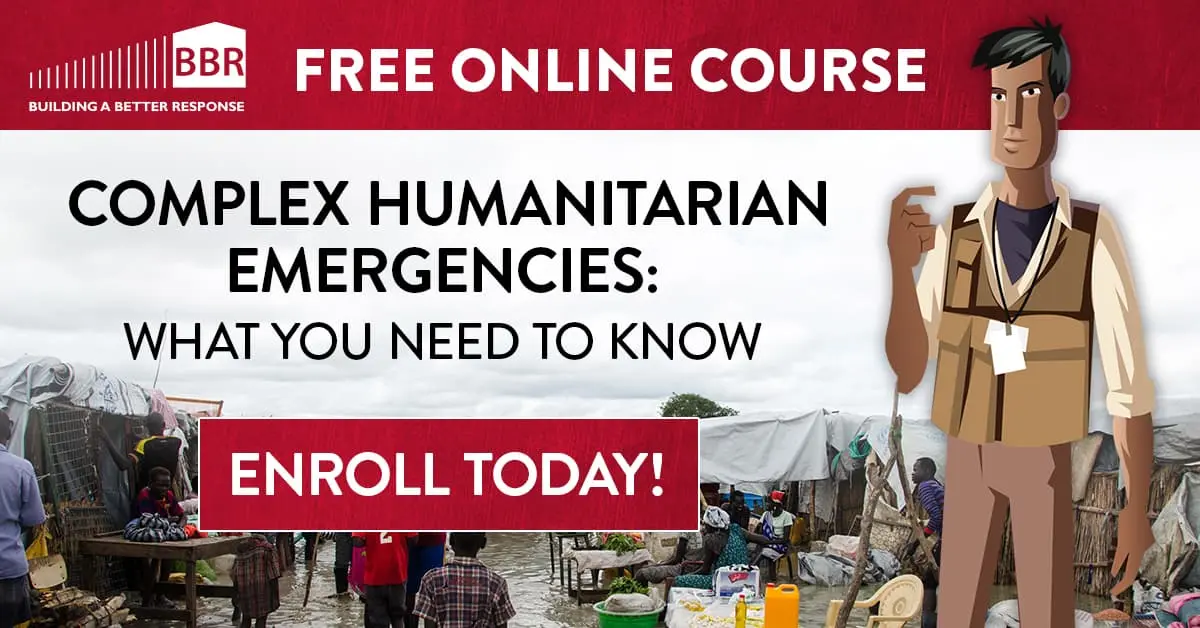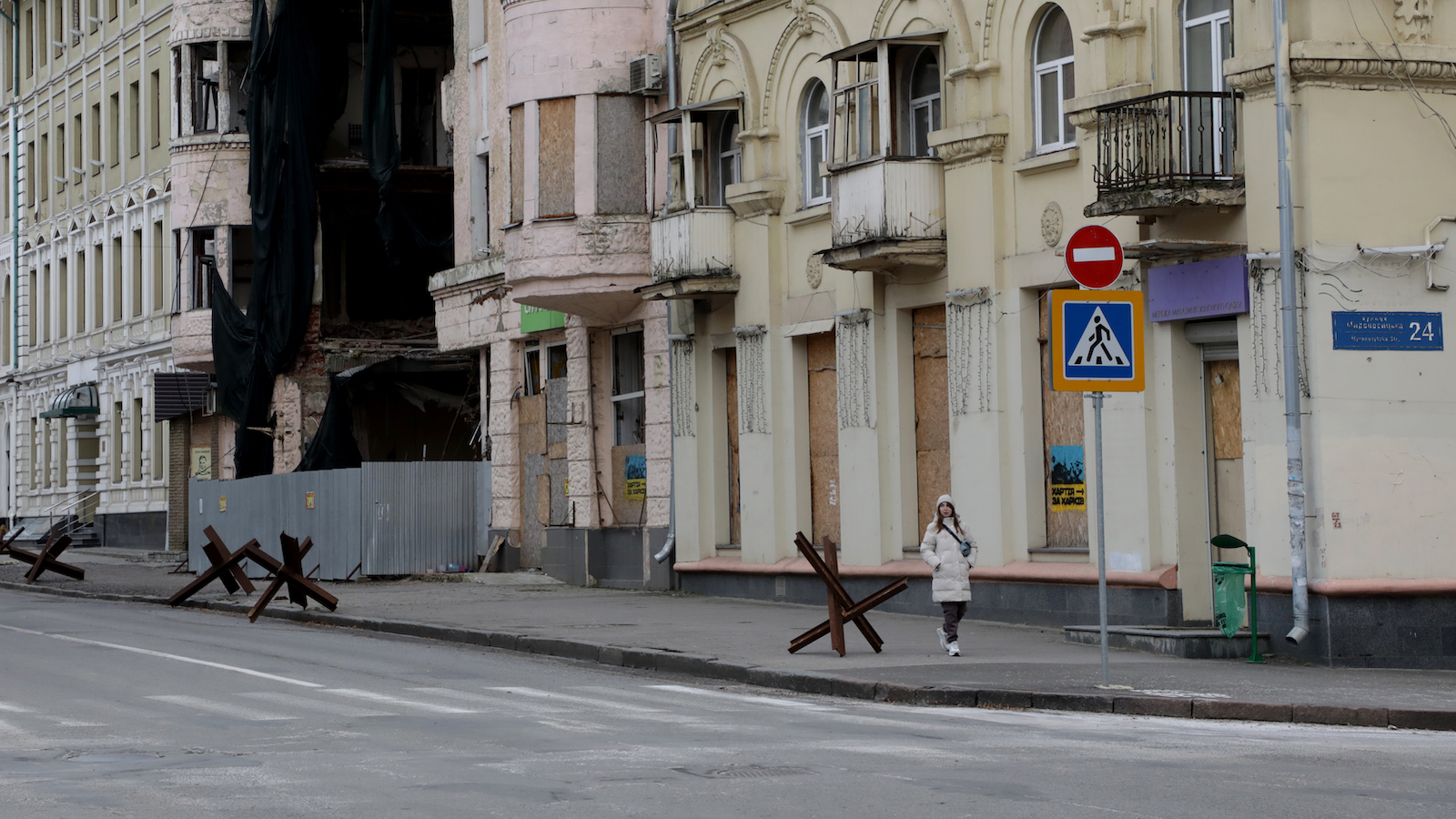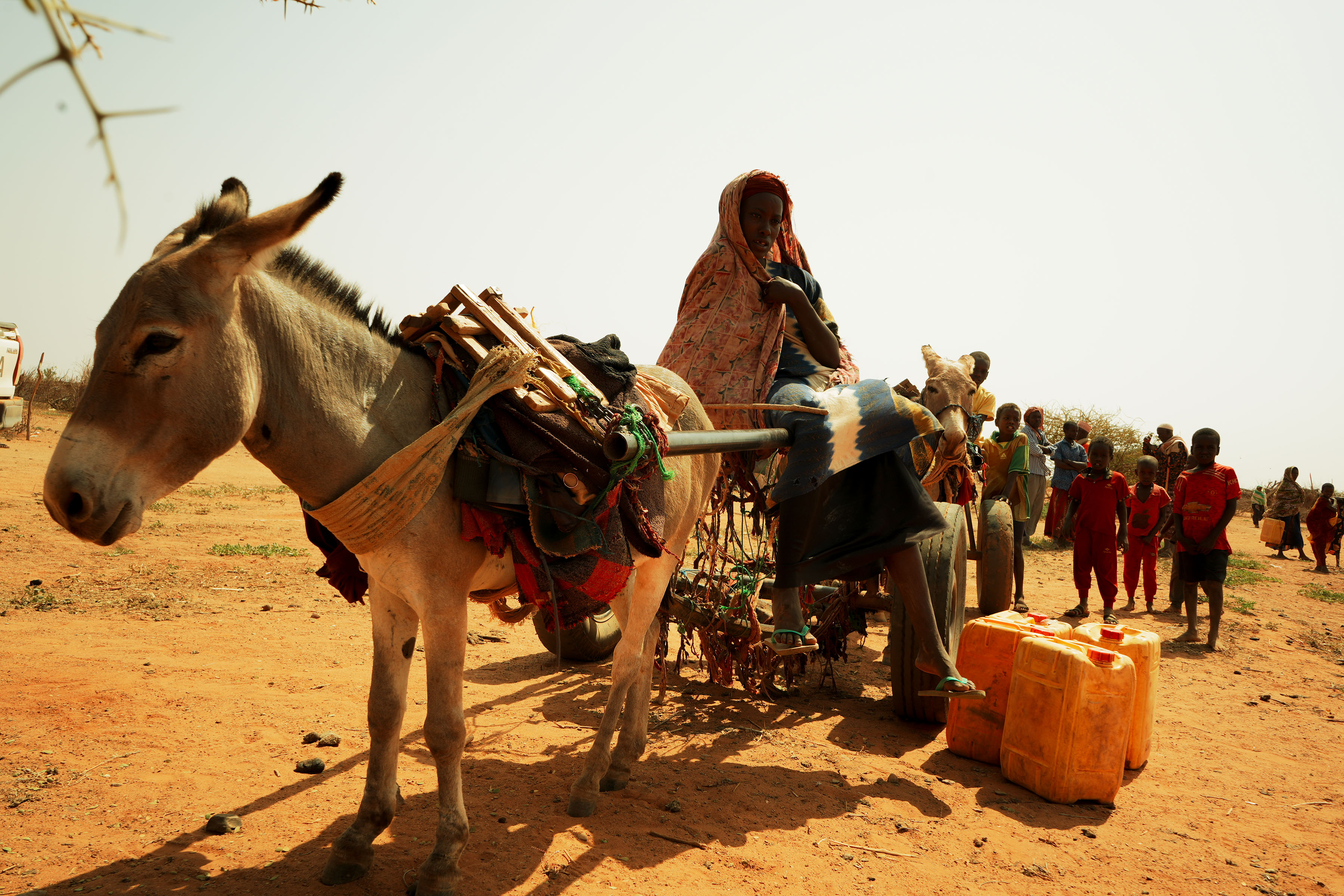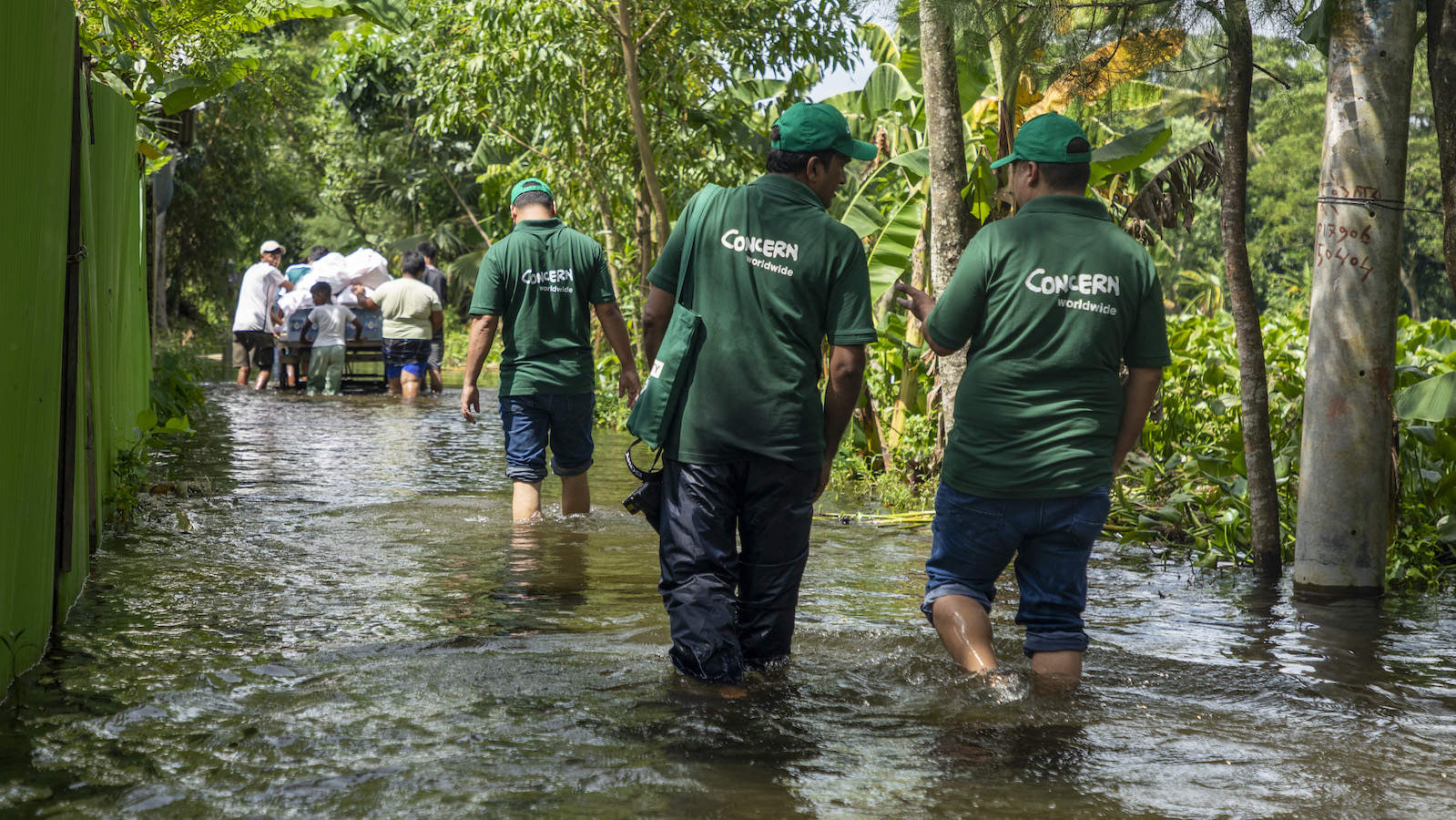Building a Better Response (BBR)
Concern is working to strengthen the collective response of humanitarian organizations to get people the help they need when they need it most.
The Challenge
Whether it’s a typhoon hitting the Philippines, an earthquake devastating Haiti, or a famine declared in the Sahel, the first hours and days following an emergency are both chaotic and crucial. Infrastructure is often impaired, transportation disrupted, lines of communication delayed, and resources scarce. Yet those first few hours and days are also critical for establishing an emergency response plan. When put into action rapidly and effectively, the right response can offset the compound interest of a crisis, including the threats of hunger, a public health emergency, or lost income that keeps families trapped in the cycle of poverty.
It is essential that NGOs work together to get help fast to those who need it, but coordinating efforts during a crisis is often challenging.

Building a Better Response: Meeting That Challenge
Along with the International Medical Corps and the Harvard Humanitarian Initiative, and with funding from the Bureau of Humanitarian Assistance, Concern Worldwide launched Building a Better Response (BBR) in 2012.
BBR provides training that gives NGO first responders the skills to engage with each other and coordinate more effectively when working on-the-ground in response to an emergency — be it man-made or natural. Through an interactive e-learning tool and workshops held all over the world that include discussion panels and simulation exercises, BBR participants learn how to become more effective emergency responders by increasing their knowledge of:
- International humanitarian systems and other institutional networks that can provide resources to help first responders do their jobs more effectively
- Humanitarian “cluster” coordination, a system that brings UN agencies and NGOs together to collaborate on response strategies
- Humanitarian response financing and planning
- International humanitarian law and standards
- Foundations of humanitarian action and how to plan and prepare for an emergency response
- Complex humanitarian emergencies and the additional considerations that must be incorporated into strategies in these increasingly-common situations
How do I Build a Better Response?
Visit our BBR project website to take our free online course and watch out for in-person workshops in your area!
Our Reach So Far
Through these trainings, Building a Better Response has strengthened the global humanitarian community — and we do mean global. To-date, nearly 100,000 humanitarians representing every single country in the world have joined the BBR movement by registering for our interactive e-learning course. In-person, we’ve also conducted over 100 intensive workshops.
To learn more about BBR and to sign up for the course, visit buildingabetterresponse.org.



